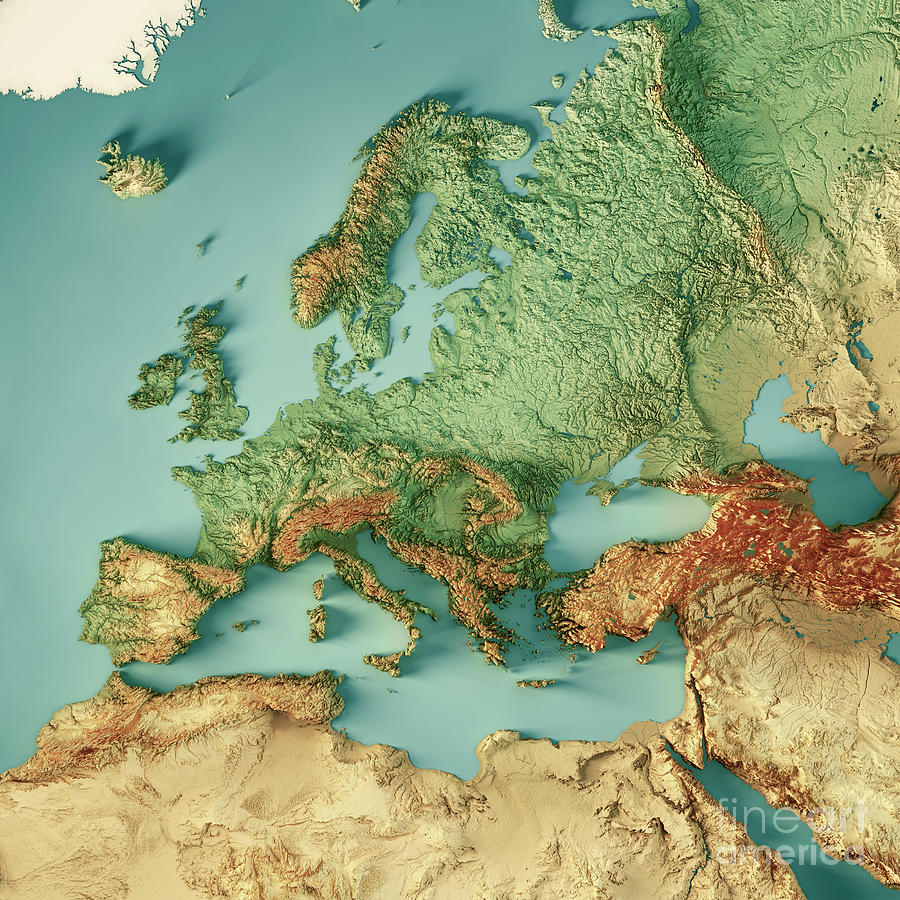

This is a good question. Phone numbers are increasingly used as de-facto ID numbers, everywhere in the world. That’s because, unlike email, they cost money, and in most jurisdictions you can’t even get one anymore without presenting real ID. So: if you have a second phone number, you can effectively have a second persona for any site or app that requires phone-number ID. Seriously, at this rate, it’s going to be all of them.
IMO the best use-case for this is to quarantine your contact list. That is, keep a separate number for social networks and messaging. The number you give to your in-person contacts will be instantly shared with all their cloud services, whether you like it or not. This is what allows Big Tech to triangulate and discover exactly who you know and therefore who you are. If the cloud services cannot trace a number back to any phone ID in their own books, then they can’t do much with it and you will remain at least something of a mystery to them.




Ha! Just checked and it turns out this is the exact line that’s already in my screenshot script. Which apparently I pilfered without trying very hard to understand - as usual! Can confirm it works great.